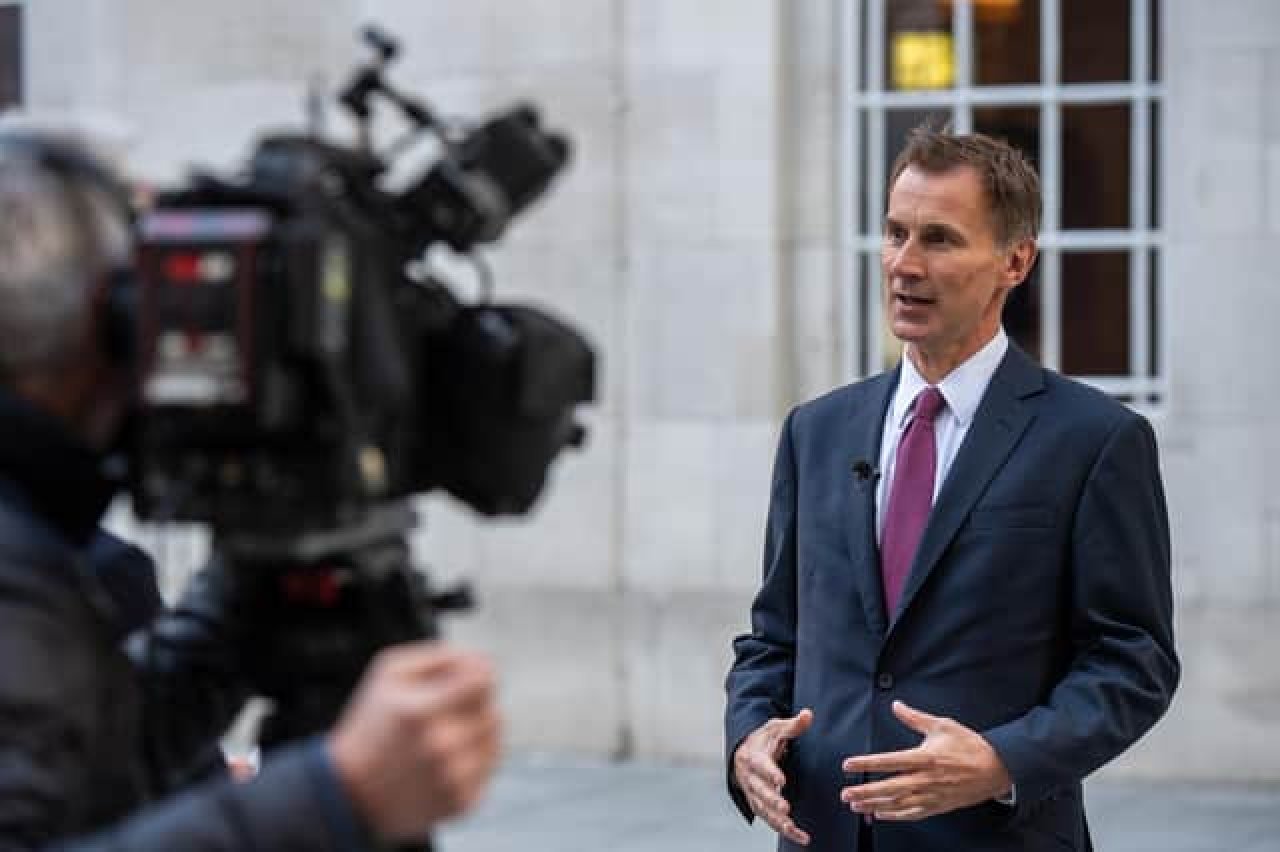Services tailored to you...
With over five decades’ experience serving a diverse range of clients in the South West, we possess an unbeatable depth of knowledge across a wide range of industry sectors.
Our specialist partners and teams can provide expert advice on everything from farming and agriculture, to military tax allowances. We’re here to help you make the most of your planning opportunities so that you can grow with confidence.
Following his appointment as Chancellor last week, Jeremy Hunt has wasted no time in undoing almost all of the Mini-Budget tax measures that were announced by his predecessor only three weeks ago, in an attempt to calm the markets.
The measures reversed include:
• The cut in the basic rate of income tax. This will now remain at 20% “indefinitely”.
• The cut to the additional rate of income tax, which will now remain at 45%.
• The corporation tax rate will now rise to 25% as planned by former Chancellor, Rishi Sunak.
• The recent changes to the IR35 rules.
• Cuts to dividend tax rates.
• VAT shopping for tourists.
It is estimated that, in total, these reversals will raise £32bn a year.
The Energy Price Guarantee remains in place, but it will now last in its current form until April 2023, rather than for two years. A more targeted approach may be implemented at this point.
Investment Zones also remain in place, with the Chancellor pledging that whilst they will still be introduced, they will also learn from the mistakes of the past.
A further UK-wide fiscal event is scheduled to be held on 31 October 2022 when the Chancellor will confirm how the Government intends to reduce public debt as a proportion of gross domestic product (GDP) in the medium term. This further fiscal event will be supported by forecasts prepared by the Office for Budget Responsibility (OBR), the absence of which was widely reported as a major cause for concern following of the 23 September mini-budget.
Mini-budget tax measures that are not proceeding
At the mini-budget announcement, the planned cut to the basic rate of income tax to 19% was brought forward from April 2024 to April 2023. However, the now Chancellor confirmed that the basic rate of income tax will remain at 20%, perhaps indefinitely. It was also confirmed that the additional rate of tax will not be cut to 40% and will remain at 45%.
The 1.25 percentage point increase in dividend tax rates that was introduced alongside the increase in national insurance contributions rates from April 2022 will remain. Dividend tax rates will no longer be cut from April 2023.
The 2017 and 2021 reforms to the off-payroll working rules will remain in place. They will not be repealed from April 2023.
The main rate of corporation tax will not be maintained at 19% as previously announced and instead will now rise from 19% to 25% on 1 April 2023 as previously enacted.
Other measures that will not proceed are the digital VAT-free shopping scheme in Great Britain and freezing alcohol duty rates from 1 February 2023.
Mini-budget tax measures that are confirmed
The government’s reversal of the 1.25% national insurance contribution rate increase from 6 November 2022 and the abolition of the Health and Social Care Levy that had been due to come into force from April 2023 will go ahead as planned. The legislation to enact this change is at an advanced stage in the parliamentary process.
The reduction in stamp duty land tax (SDLT) in England and Northern Ireland also remains. The power to change the SDLT rates for residential property transactions on or after 23 September was given short-term statutory effect by a provisional collection of taxes motion on 23 September.
The statement also confirmed that the permanent £1m annual investment allowance threshold, the changes to the seed enterprise investment scheme and the company share option plan will also continue as planned.
